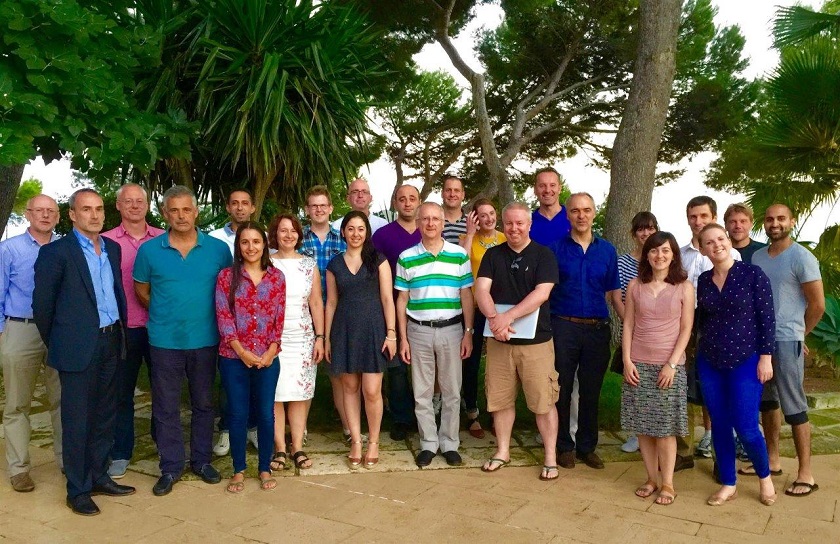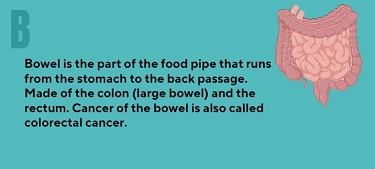SBI international collaboration culminates in Nature Communications paper, published today

An international collaboration between SBI and the South Australian Health & Medical Research Institute has led to the publication of a new paper on RAS mutation today in the prestigious Nature Communications. The paper is titled "Extensive rewiring of the EGFR network in colorectal cancer cells expressing transforming levels of KRASG13D" and focuses on intense mapping of the EGFR intracellular network in hopes of finding new targeted treatments for colorectal cancer.
"This project, funded by the EU, has been a really valuable collaboration combining several disciplines and crossing several continents and including scientists from Europe, Australia and North America," said Walter Kolch, director of SBI and corresponding author on the paper
Along with Kolch, the paper’s other corresponding authors are David Lynn, an EMBL Australia Group Leader at SAHMRI and Flinders University, and Karsten Boldt, a Senior Staff Scientist at the Institute for Ophthalmic Research at the University of Tübingen, Germany. Other SBI authors include SBI authors include Susan Kennedy ('17), Cinzia Raso ('16), Theodosia Charitou ('17), Carlos Herrera-Montavez ('16), Aleksandar Krstic, David Gomez Matallanas, Christina Kiel, Nora Rauch, Oleksii Rukhlenko, Boris Kholodenko, Luis Iglesias-Martinez, Colm Ryan and Ruth Pilkington.
“We know that gene mutations cause cancer, but we don't know what these mutations are actually doing and how they change cells so that they become cancer cells,” said Kolch.
“This study lifts the curtain on how mutations in one of the most frequently altered culprits in human cancer, the KRAS gene, change protein interaction networks in colorectal cancer cells. The results are mindboggling. A single mutation in KRAS is associated with widespread protein interaction changes which rewires about one third of all connections in this large network comprising ca. 3,000 interactions. The result is a very profound change in information flow through this network, which reprograms gene expression turning the cell into a cancer cell. Understanding these fundamental mechanisms how mutations actually impact cellular functions is the first and prerequisite step towards developing better and more efficacious cancer drugs.”
Kolch also revealed that Nature Communications will also be publishing a blog piece corresponding with the research article. The blog, titled "The ripple effects of a RAS mutation," was written by Walter Kolch and David Lynn and gives additional perspective on the study and its history.
